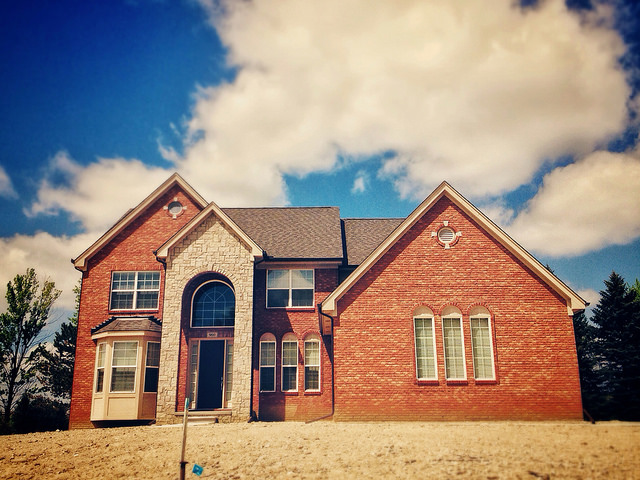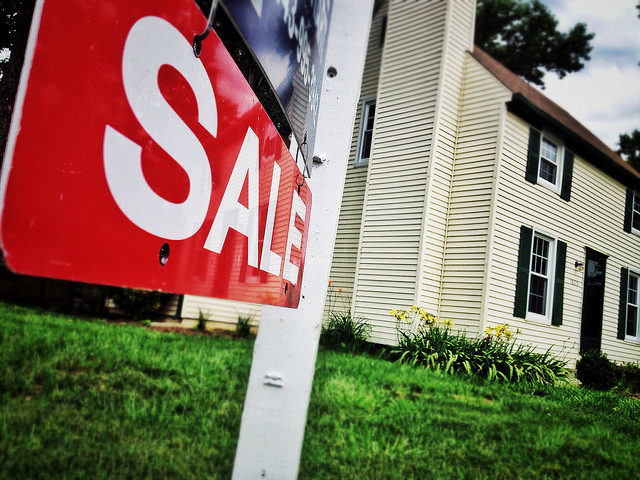Even if you’ve never purchased a house before, you likely know that – unlike buying a hammer at the hardware store – a home’s price is up for negotiation. Depending on market conditions, a home seller may be willing to sell for less than their asking price or, if they’ve got a number of offers, may expect to get more than they asked for. Either way, knowing what to expect when you start your home search can help you set your budget and limits before you’re competing with another buyer for a home you love. In other words, it’s smart to plan ahead. And, if this year is anything like last year, you might want to plan for competition. That’s because, new research shows nearly a quarter of all homes sold last year sold for above their list price. In fact, on average, homes sold for $7,000 more than what they were listed at. However, this isn’t true for all markets. For example, home buyers in cities like Orlando and Phoenix were far less likely to pay above asking price than buyers in markets like San Francisco and Seattle. More here.













